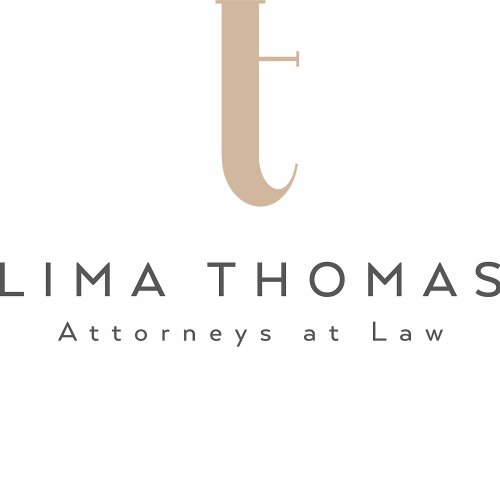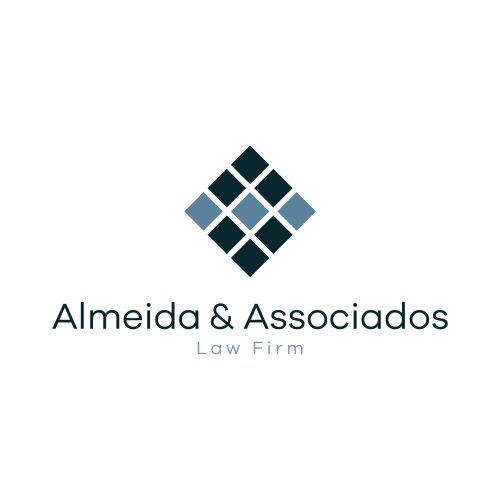Best Nonprofit & Charitable Organizations Lawyers in Lisbon
Share your needs with us, get contacted by law firms.
Free. Takes 2 min.
List of the best lawyers in Lisbon, Portugal
About Nonprofit & Charitable Organizations Law in Lisbon, Portugal
Nonprofit and charitable organizations in Lisbon, Portugal, operate under a framework established by national and European Union regulations. These organizations aim to serve the public interest without distributing profits to members. Typically, they include associations, foundations, cooperatives, and other entities with a charitable purpose. The regulatory regime covers areas such as registration, taxation, governance, fundraising, and compliance with both civil and commercial codes. Understanding the legal landscape is crucial for ensuring that these entities fulfill their mission while adhering to legal obligations.
Why You May Need a Lawyer
There are various situations where legal advice may be necessary for nonprofit and charitable organizations. These include:
- Establishing a nonprofit: Lawyers can help with the complex process of legally forming a nonprofit, ensuring compliance with all legal requirements.
- Governance and compliance: Legal counsel can assist in setting up governance structures that meet legal standards and ensure ongoing compliance with regulations.
- Taxation issues: Legal expertise is often required to navigate the tax exemptions and obligations specific to nonprofit organizations.
- Contract negotiations: Drafting and reviewing contracts with donors, suppliers, partners, or employees can benefit from legal oversight.
- Resolving disputes: Whether internal or external, legal disputes may arise, requiring professional intervention for resolution.
Local Laws Overview
Key aspects of local laws relevant to nonprofit and charitable organizations include:
- Registration: Nonprofits must be officially registered with the appropriate governmental bodies to obtain legal status in Portugal.
- Governance: Laws dictate the governance structure, including board composition and responsibilities, ensuring accountability and transparency.
- Tax Regulations: Nonprofits may benefit from tax exemptions, but must comply with specific reporting and operational requirements to maintain this status.
- Fundraising and Public Solicitations: There are legal guidelines governing how nonprofits can raise funds from the public, ensuring ethical practices.
- Data Protection: Compliance with data protection laws, including the General Data Protection Regulation (GDPR), is mandatory for handling personal data.
Frequently Asked Questions
1. What is the process for starting a nonprofit in Lisbon?
Starting a nonprofit involves defining your mission, drafting bylaws, registering with the Registro Nacional de Pessoas Colectivas (RNPC), and applying for tax-exempt status if eligible.
2. How can a nonprofit maintain tax-exempt status in Portugal?
Nonprofits must adhere to regulations such as regular filings with tax authorities, maintaining a focus on charitable activities, and transparent financial practices.
3. Are there specific accounting standards for nonprofits in Lisbon?
Yes, nonprofits are required to follow the Planex Code (Plano Oficial de Contas para o Setor Não Lucrativo) for financial reporting and accounting practices.
4. What legal obligations do nonprofits have when fundraising?
Nonprofits must obtain necessary permissions, ensure financial transparency, and avoid misleading solicitation practices as per local laws.
5. Can a foreigner establish a nonprofit in Lisbon?
Yes, foreigners can establish a nonprofit in Lisbon, provided they comply with local registration and operational requirements.
6. What are the penalties for noncompliance with nonprofit regulations?
Penalties can range from fines to dissolution of the organization, depending on the nature and severity of the noncompliance.
7. How often must nonprofits report to the government?
Nonprofits are typically required to submit annual financial statements and activity reports, among other periodic filings.
8. What are the GDPR implications for nonprofits in Lisbon?
Nonprofits must protect personal data and comply with GDPR, which involves obtaining consent, securing data, and providing access rights to individuals.
9. Can a nonprofit engage in commercial activities?
Nonprofits can engage in commercial activities as long as the profits are reinvested into their mission and not distributed to members or directors.
10. What support is available for newly established nonprofits?
Several local government programs, workshops, and non-governmental organizations offer support and resources for nonprofit management and growth.
Additional Resources
Here are some helpful resources for legal advice and support related to nonprofit and charitable organizations in Lisbon:
- Direção-Geral das Atividades Económicas (DGAE): Provides guidelines and resources for civil and nonprofit entities.
- Associação Portuguesa de Fundaciones: Offers support and resources specific to foundation operations in Portugal.
- Professional Legal Services: Legal firms specializing in nonprofit law can offer tailored advice and consultation.
Next Steps
If you require legal assistance for nonprofit and charitable organization matters in Lisbon, consider the following steps:
- Contact a lawyer or legal firm specializing in nonprofit law for an initial consultation to discuss your specific needs.
- Prepare documents and information about your organization to facilitate efficient legal advice.
- Engage with local nonprofit networks and associations for additional support and guidance.
- Consider attending legal workshops or seminars focused on nonprofit operations in Portugal.
Lawzana helps you find the best lawyers and law firms in Lisbon through a curated and pre-screened list of qualified legal professionals. Our platform offers rankings and detailed profiles of attorneys and law firms, allowing you to compare based on practice areas, including Nonprofit & Charitable Organizations, experience, and client feedback.
Each profile includes a description of the firm's areas of practice, client reviews, team members and partners, year of establishment, spoken languages, office locations, contact information, social media presence, and any published articles or resources. Most firms on our platform speak English and are experienced in both local and international legal matters.
Get a quote from top-rated law firms in Lisbon, Portugal — quickly, securely, and without unnecessary hassle.
Disclaimer:
The information provided on this page is for general informational purposes only and does not constitute legal advice. While we strive to ensure the accuracy and relevance of the content, legal information may change over time, and interpretations of the law can vary. You should always consult with a qualified legal professional for advice specific to your situation.
We disclaim all liability for actions taken or not taken based on the content of this page. If you believe any information is incorrect or outdated, please contact us, and we will review and update it where appropriate.

















